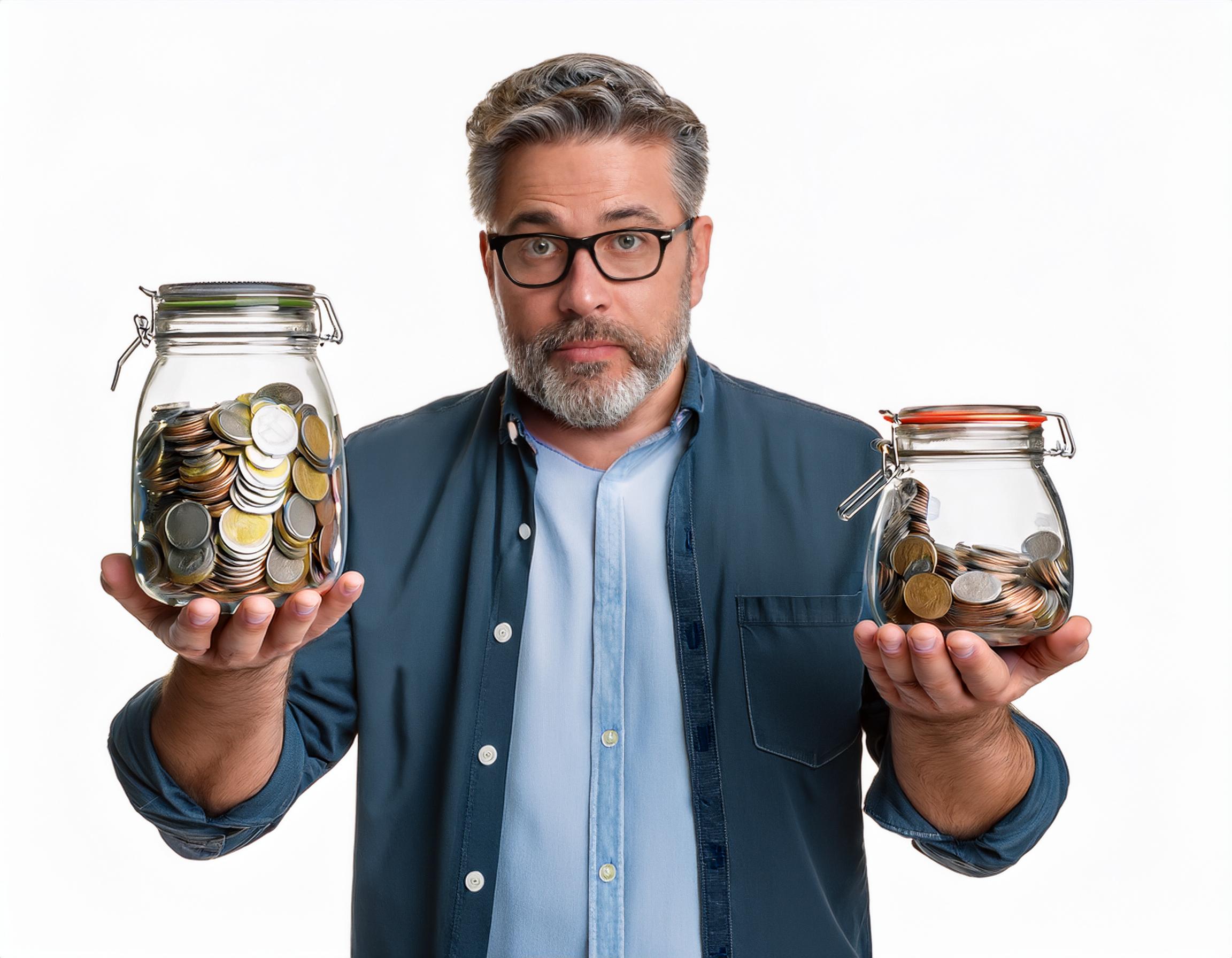As many of us approach retirement, one of the key financial questions homeowners face is: should you pay off your mortgage before crossing into this exciting new phase of life?
Like so many other big decisions, there’s no easy answer. You must figure out which of the variables below resonates the most with you, weighing both financial and psychological factors.
Baby Boomers are much more likely to have mortgage payments to make than their parents or grandparents did decades ago. More than four in ten Americans ages 65-to-79 still have monthly mortgage payments to make, according to a report by the Harvard Joint Center for Housing Studies. That’s more than double what it was in the late ‘80s.
A Good Night’s Sleep
Perhaps the biggest advantage of paying off the mortgage early is that it can be a huge stress reducer. For many people, the monthly mortgage payment is the most significant expense in their budget, and not having that big expense may let you sleep better. That’s no small thing. In fact, it may be the most important factor in making this decision.
But for those who want to do the math, let’s say you refinanced your mortgage a few years ago when rates were low. If you have a $250,000 mortgage at 3%, for example, you would in effect, earn a guaranteed 3% a year by paying off your home loan. It’s a risk-averse, conservative approach. But that’s okay. Remember: less stress and sleep well at night.
Gain Financial Flexibility
From a financial viewpoint, you are reducing your monthly expenses by a substantial amount at a time when you are learning to live without a paycheck. You can use that money for other retirement options, such as travel, eating out more frequently, or routine living expenses. In other words, you will have greater flexibility in managing your budget.
In addition to freeing up cash each month to use elsewhere, eliminating the mortgage would reduce the lifetime interest payments tied to the loan, potentially saving you tens of thousands of dollars.
Crunch the Numbers
However, paying off the mortgage is not always a no-brainer as a purely financial decision. There are trade-offs you make.
The biggest one is the lost opportunity cost. Using the example above, if you take $250,000 out of savings to pay off the mortgage, you don’t have that money to invest in stocks and bonds. Again, it’s a matter of risk tolerance.
If your expected investment return is greater than your mortgage rate, you will end up with more money by holding on to the monthly mortgage payments. Of course, there are rarely any guarantees on investments.
Also, many investment advisers believe that if you are behind in saving for retirement, it may be wise to prioritize saving and investing over reducing low-interest-rate debt.
A growing number of financial advisers believe that paying off a low-rate mortgage before retirement is an outdated axiom. Another old adage that still resonates is: don’t be house rich, but cash poor.
Why get rid of a 3% mortgage now, they say, when rates on a new 30-year mortgage are running at about 7%? A recent report from the online real estate brokerage firm Redfin found that nearly one-quarter of homeowners with mortgages had rates of less than 3%.
Other Considerations
It does not have to be an all-or-nothing decision. You could pay down part of your remaining mortgage balance. That will not reduce the monthly mortgage payment but will reduce the term of the mortgage so in your more advanced years your mortgage may be paid off. .
Other factors to consider include:
- How will the loss of the mortgage interest deduction impact your taxes (if you itemize)?
- Will you have less liquid assets to meet emergency needs?
- Eliminating your mortgage debt does not eliminate other bills related to your home, such as taxes, insurance, possibly condo or homeowner’s association fees, etc.
- Should you consider downsizing or relocating to reduce your housing expenses and free up cash?
- Do you have significant higher-interest debt, such as credit card balances or other loans, that should be paid off first?
- Could a home equity line of credit give you greater financial flexibility? You do not have to tap it unless you need the money.
For some people, the peace of mind and satisfaction of owning your home outright may be more important than crunching the numbers.
Because there are so many moving parts in making this decision, we recommend consulting with your wealth advisor to discuss the many variables involved and the implications for your financial and emotional happiness in retirement. Sometimes, it comes down to figuring out your personal goals and preferences.



